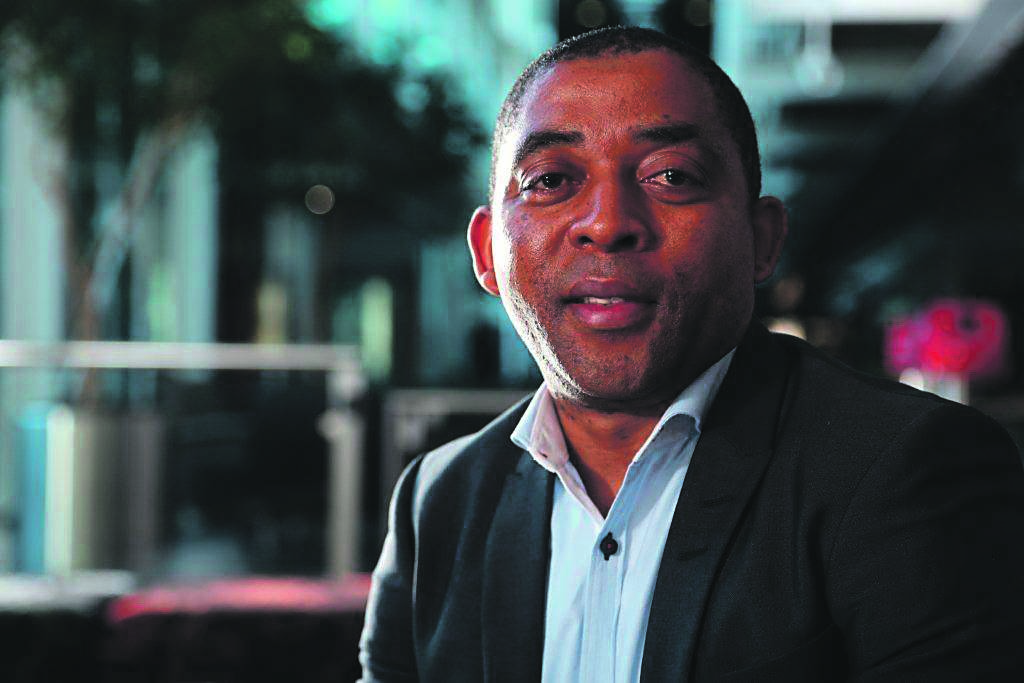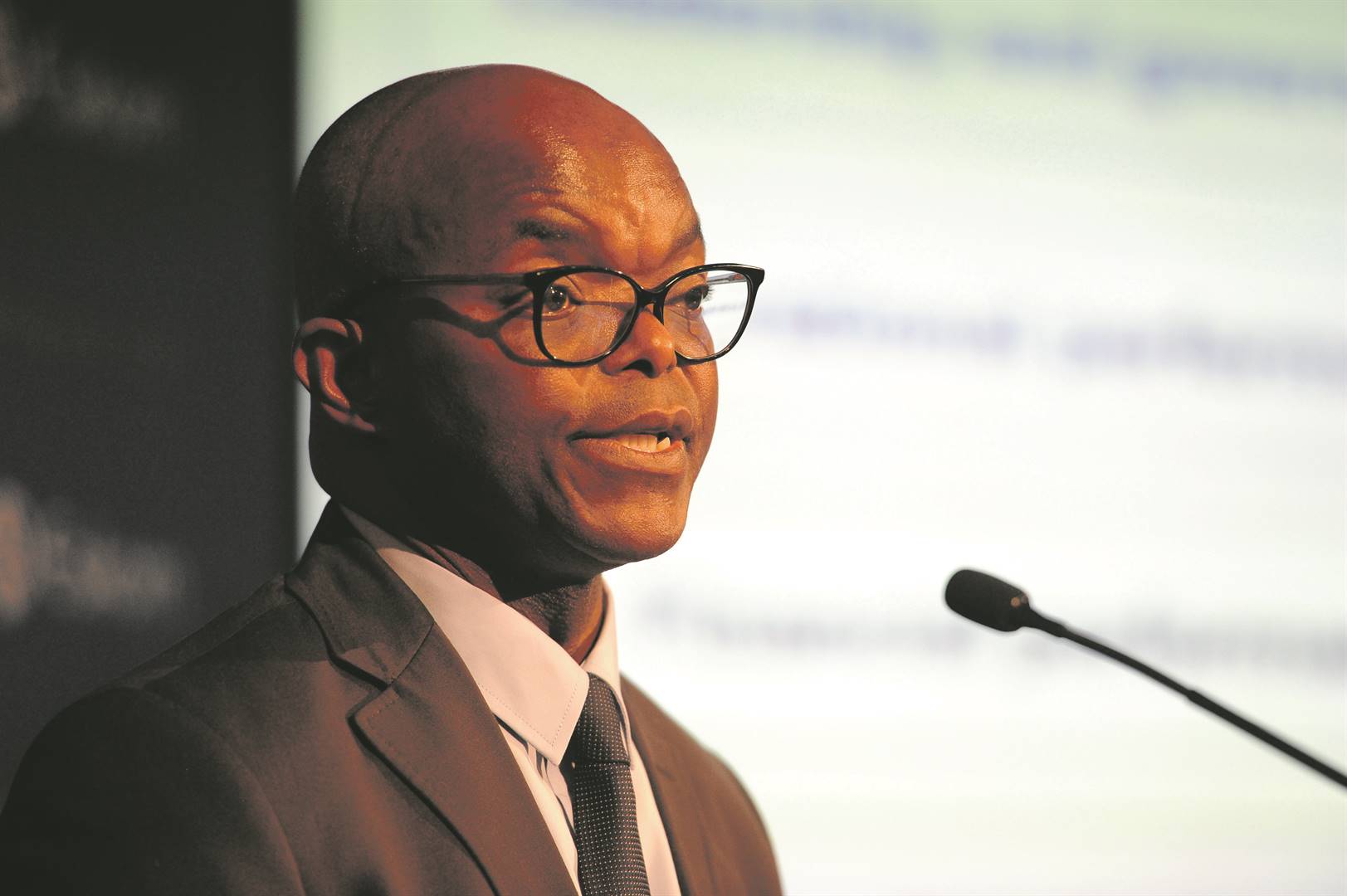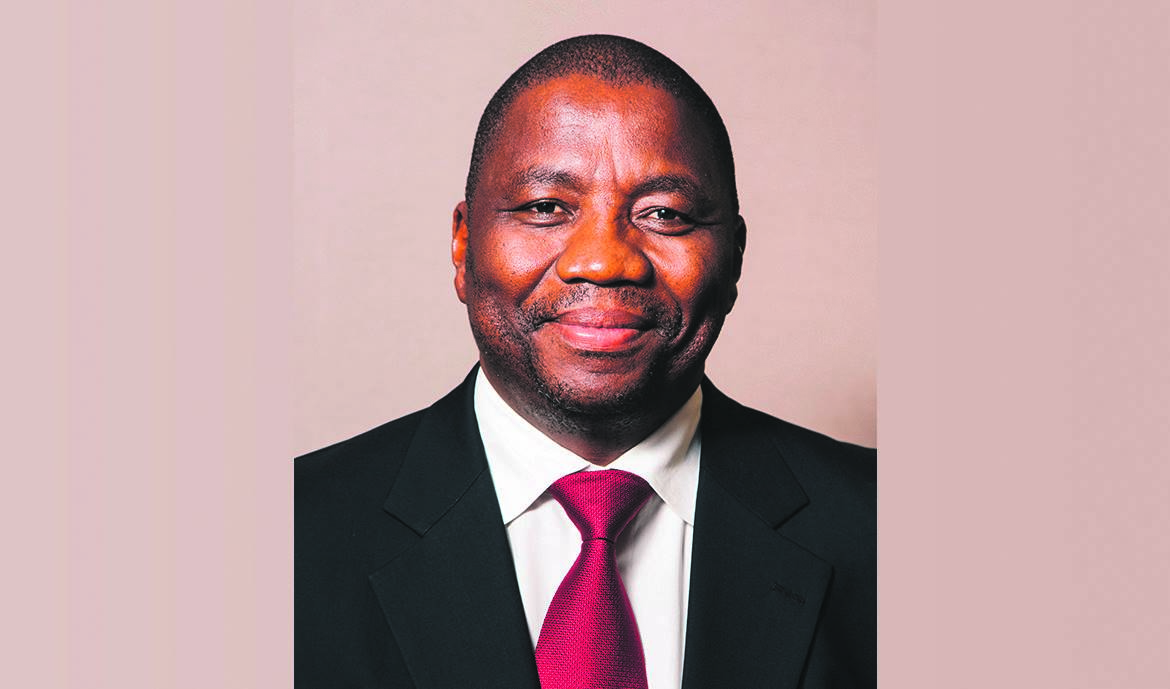
The half in, half out approach will maintain the status quo of CEOs drafting turnaround strategies that don’t get support
Sitting in an SAA lounge recently, I was reminded of a poem by Langston Hughes titled Harlem.
In short, the poem poses these critical questions: “What happens to a dream deferred? Does it dry up like a raisin in the sun? Or fester like a sore – And then run? Does it stink like rotten meat? Or crust and sugar over like a syrup sweet? Maybe it just sags like a heavy load. Or does it explode?”
Hughes’ poem was understood to be an artistic cry of protest against racial injustice in the US.
His poem was addressing the frustration and anger felt by African-Americans whose dream of equality was continually being deferred.
Though the context may be different, I found myself saddened and consumed by thoughts of Hughes’ narrative in the wake of the resignations of two competent and qualified black executives – Phakamani Hadebe from Eskom and Vuyani Jarana from SAA.
And, if current predictions are anything to go by, we are likely to witness more.
Read: Ramaphosa asked SOE execs about their challenges. This is what they said
Though Hadebe cited health concerns as his reason for leaving, a common narrative is that board interference and lack of government support for Eskom’s turnaround strategy may have triggered the resignation.
Read: Eskom CEO Phakamani Hadebe ‘collapsed’ twice
Coincidentally, Jarana also cited lack of commitment to fund SAA, which is undermining the implementation of the turnaround strategy, making it increasingly difficult to succeed.
His other concern was lack of speed in decision making, rendering it impossible to implement the strategy successfully.
On the face of it, it appears that a governance collapse and the lack of a clear commitment from the shareholder are at the centre of the challenges that beset the state-owned enterprises (SOEs).
As a result, competent, qualified and well-meaning executives are set up to fail.
For governance to work, you need to get the basics right.
Firstly, the delineation of duties of the board against those of the executive should be clear to avoid issues of interference and meddling, which can lead to a total collapse of governance structures and systems.
Once you get this wrong, you are doomed.
Secondly, if you hire a person to undertake a specific intervention, it must be treated as such, and it must get all the support it requires.
It is no secret that SOEs, particularly SAA, have not been profitable for years.
Instead, they have been bottomless pits into which government continues to throw money with no returns on investment.
Once you embark on a process to turn such an entity around, you either do it wholeheartedly or you don’t do it at all.
The half in, half out approach will result into nothing other than the rotation of chief executives who are only there to draft turnaround strategies that simply don’t get support.
In this case, two dreams may very well be deferred.
One will be the failure to achieve the transformation goal of ensuring that black executives are given significant areas of responsibility and the necessary support to succeed, otherwise they suffocate and fail.
As part of its enabling milestones, the National Development Plan (NDP) Vision 2030 cites the need to ensure that skilled, technical, professional and managerial posts better reflect the country’s racial, gender and disability make-up.
The strategic role that ought to be played by SOEs may well be another dream deferred if the status quo resulting in their paralysis is left unresolved.
The NDP identifies SOEs as having an important development and economic role to fulfil.
A few years ago, then deputy president Cyril Ramaphosa proposed that a new deal be struck between government, business and citizens aimed at accelerating radical transformation.
He said this new deal should bring together all the stakeholders in a meaningful and effective social compact to build a prosperous and just society founded on equal opportunities for all.
Indeed, if we are to get South Africa working, inclusive of the SOEs, the new deal must become a reality.
Government must decide what it wants to do with these entities. The endless confusion is sadly not helpful.
It is simple – SAA needs money and there is no magic wand to make this requirement disappear.
How government gets the money is its decision, but all options are available to it.
Government, as the shareholder, must appoint a board it trusts and honestly tell it the limitations within which it must operate.
It is then up to the board members to either accept these limitations or decline the appointments.
Once that is done, shareholders must give the board space to do its job.
The board must then appoint a chief executive officer (CEO) it is comfortable with and must be honest and transparent about which tools, such as additional funding, the CEO is likely or unlikely to get.
If the CEO is happy to accept the limitations, they must get on with the job and the board must give the CEO space to operate and offer support in the execution of the job.
Anything less is a merry-go-round with a tragic ending.
Ntsaluba is founding member and chair of NMT Capital, co-founder of auditing firm SizweNtsalubaGobodo and co-founder of venture capital firm WZCapital
TALK TO US
Is the lack of government support setting CEOs of state-owned entities up to fail?
SMS us on 35697 using the keyword SOE and tell us what you think. Please include your name and province. SMSes cost R1.50. By participating, you agree to receive occasional marketing material




 Publications
Publications
 Partners
Partners











